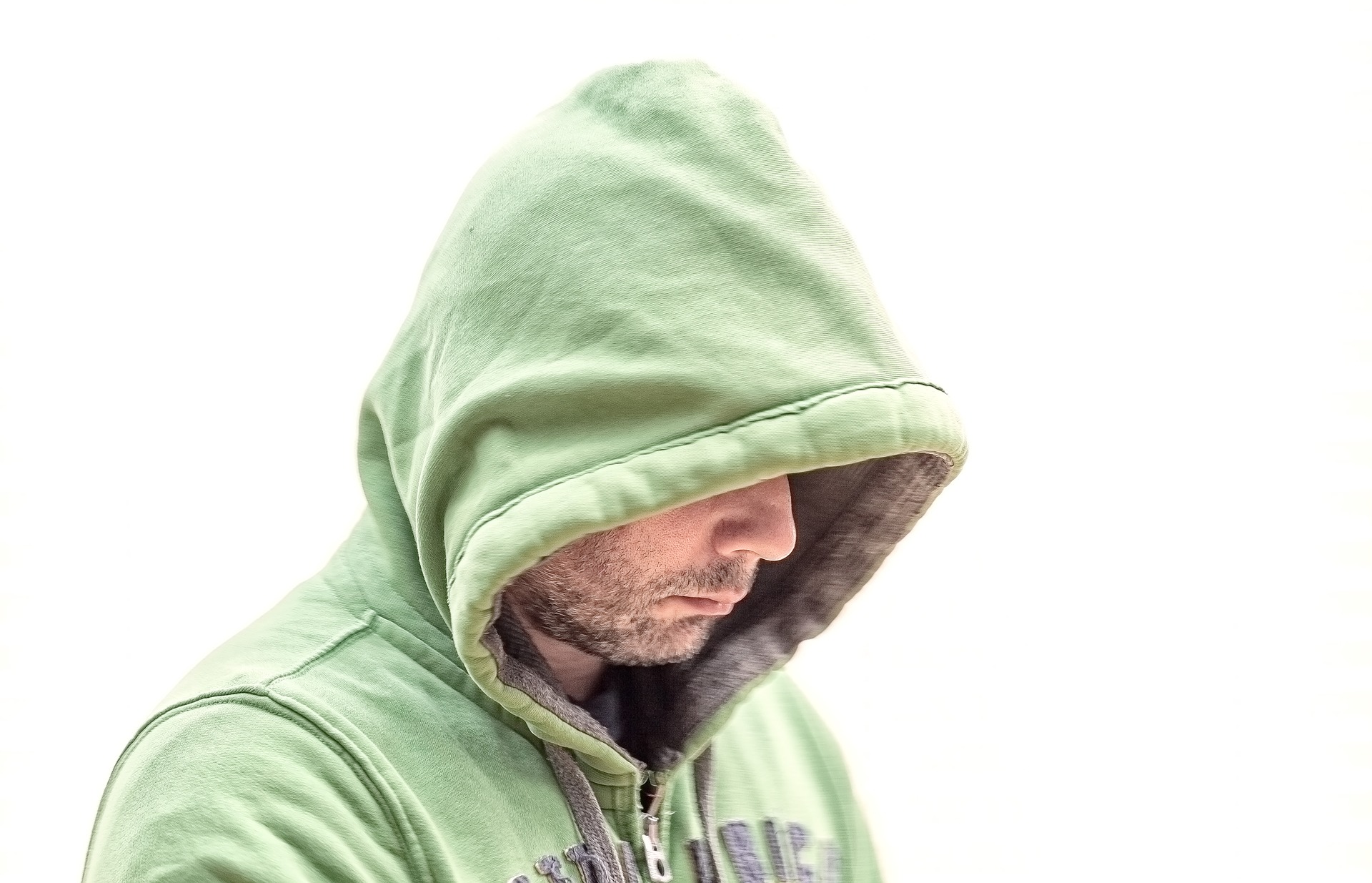People with mental illnesses are more likely to engage in marijuana abuse, and using this drug can also exacerbate or even trigger the development of a mental disorder.
Marijuana Abuse, Mental Illness and the Need for Treatment Help
Considering the increasing acceptance of marijuana use within the legal system, the term “marijuana abuse” may well become obsolete in the eyes of the law in future years. That being so, marijuana’s less favorable effects still exist and can pose considerable harm to those who engage in marijuana abuse on a frequent basis.
Marijuana interacts with the brain in much the same way as other addictive substances, gradually offsetting the brain’s natural chemical system. Likewise, chronic or long-term marijuana abuse poses considerable risk to a person’s psychological well-being over time.
In effect, excess marijuana use can predispose a person to psychological dysfunction. According to the Journal of Psychiatry, as the frequency of marijuana use increases the risk of mental illness rises accordingly. For these reasons, understanding the relationship between marijuana abuse and mental illness can help in determining whether treatment help is needed.
Marijuana’s Effects
Marijuana’s active compound, THC interacts with certain key brain cell sites in much the same way as the brain’s own THC-like chemicals, also known as endocannabinoids. Endocannabinoids play key roles in regulating the following brain functions:
- Emotions
- Pain/pleasure responses
- Thinking processes
- Sensory perceptions
- Perception of time
Marijuana forces cell sites to secrete copious amounts of endocannabinoids. With marijuana abuse, these interactions gradually change the brain’s chemical network and ultimately changes the way the brain works. These effects create the perfect conditions for psychological disorders, such as depression, bipolar, anxiety and even schizophrenia to develop.
The Relationship Between Mental Illness and Marijuana Abuse

Chronic marijuana abuse can lead to mental health disorders such as bipolar, anxiety, depression, and schizophrenia.
Feelings of depression and anxiety develop out of chemical imbalances in the brain. More often than not, a person engages in the types of behaviors that reinforce his or her emotional state, such as withdrawing from social interactions and dwelling on negative thoughts. Over time, the combined effects of brain chemical imbalance and harmful thoughts and behaviors form a vicious cycle out of which full-blown psychological disorders develop.
While not everyone who tries marijuana will keep using it, the risk of marijuana abuse increases for someone with mental health problems. According to the Royal College of Psychiatrists, people affected by mental illness are more likely to engage in marijuana abuse than unaffected individuals. In effect, marijuana’s effects offer relief from distressing emotional symptoms while producing feelings of euphoria and contentment.
Dual Diagnosis Conditions
Dual diagnosis applies in cases where a psychological disorder and substance abuse problem co-exist. According to Dartmouth College, over half of those affected by mental illness also struggle with a substance abuse problem. Marijuana ranks second only to alcohol as the most commonly abused substance for dual diagnosis sufferers. Considering how psychological dysfunction and substance abuse both breed chemical imbalance in the brain, the likelihood of a successful recovery decreases considerably the longer a person goes without treatment.
Treatment Considerations
In spite of marijuana’s medicinal benefits, chronic or long-term marijuana abuse opens the door for serious mental health problems to develop. Add to this the combined effects of marijuana abuse and mental illness on the brain’s chemical system, and a person will likely experience ongoing decline in his or her quality of life overall.
If you or someone you know struggles with marijuana abuse and have more questions, please feel free to call our toll-free helpline at 800-934-1582(Sponsored) to speak with one of our phone counselors.
the Take-Away

